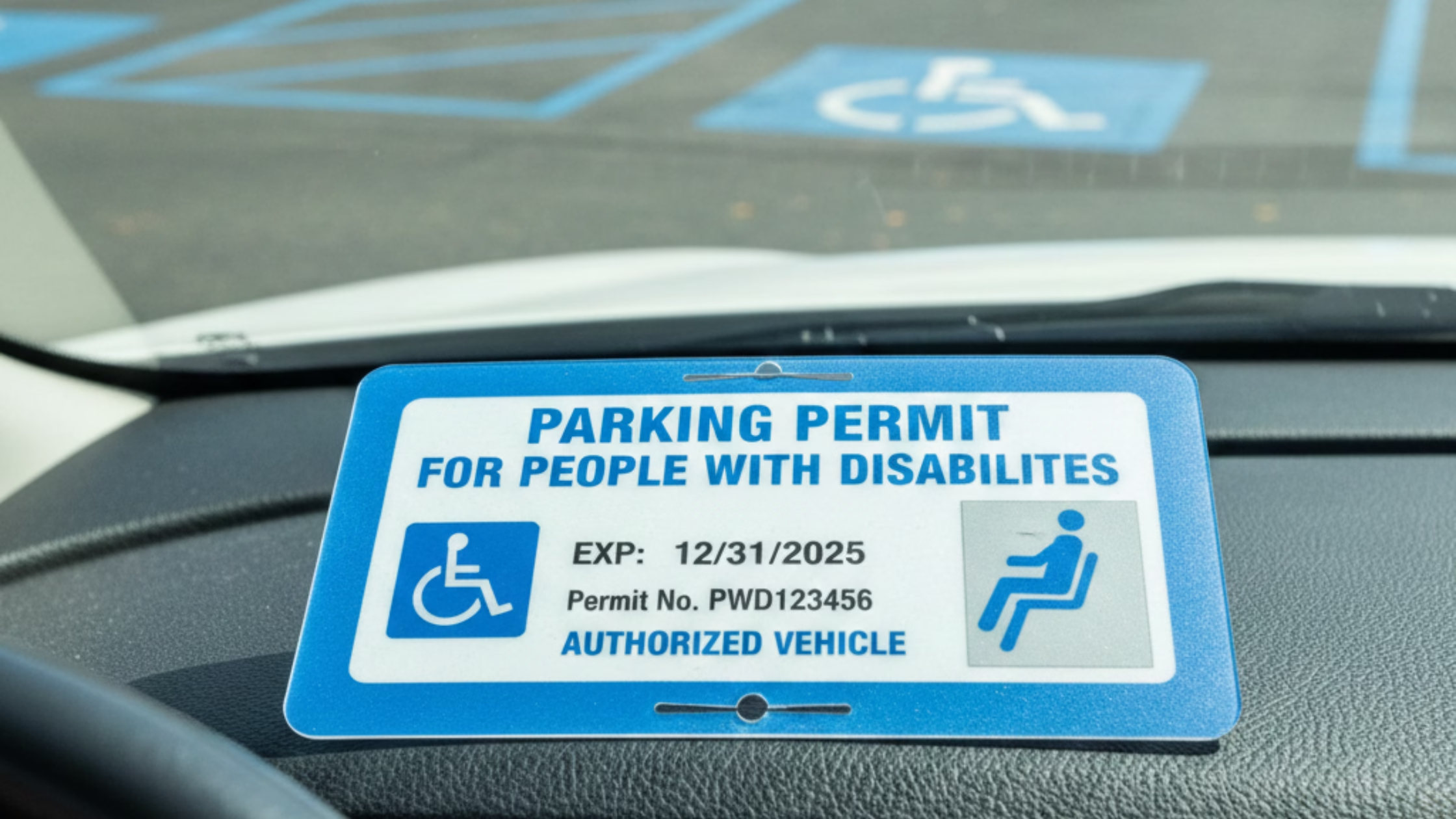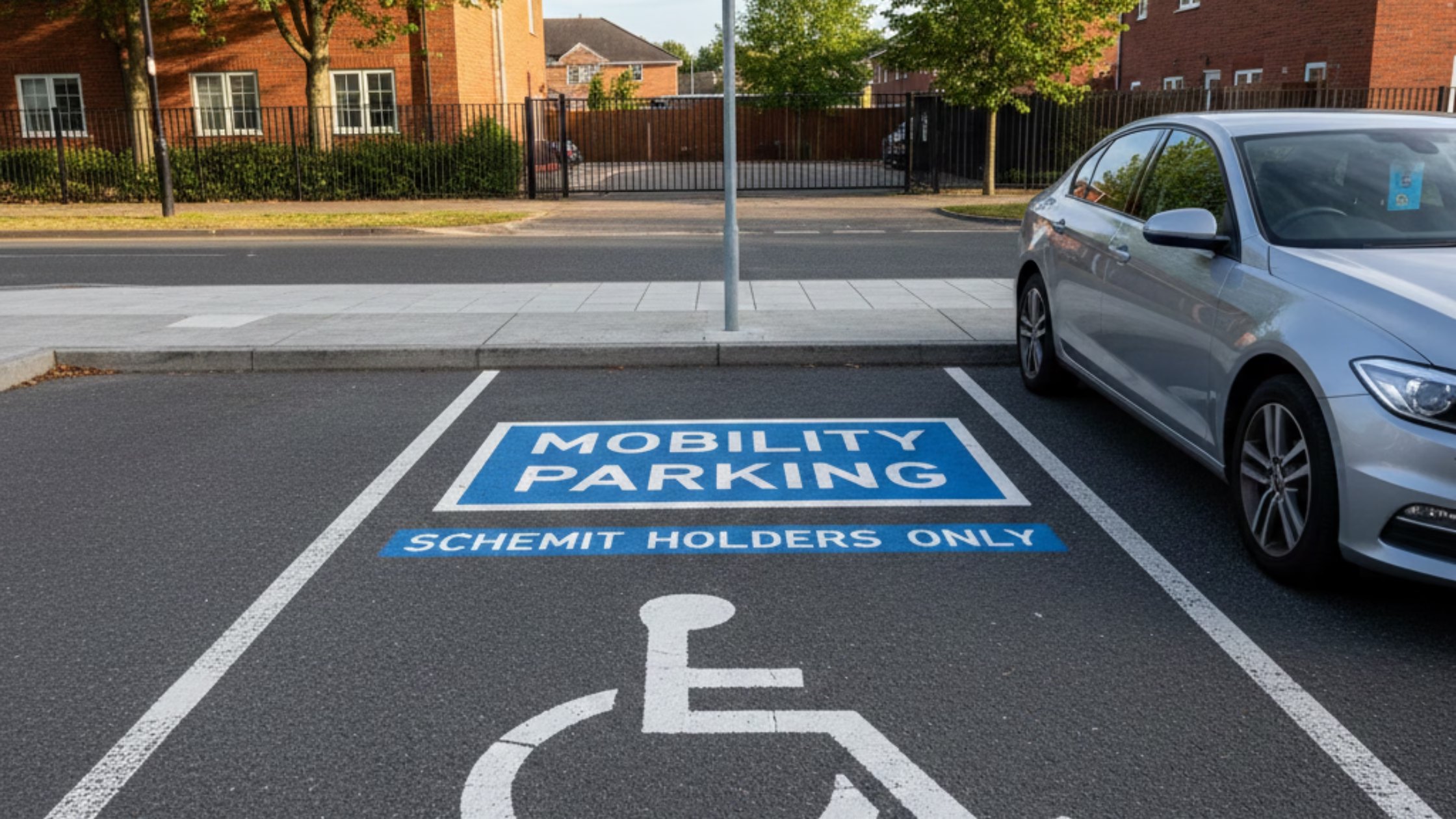If you’ve been wondering, “Is ADHD a Disability in Australia?”, you’re not alone. This question affects thousands of Australians living with Attention Deficit Hyperactivity Disorder (ADHD), their families, and caregivers. Understanding whether ADHD qualifies as a disability is crucial for accessing support services, funding, and legal protections.
Understanding ADHD as a Neurodevelopmental Condition
ADHD is a neurodevelopmental condition that affects millions of Australians across all age groups. Characterised by symptoms of inattention, hyperactivity, and impulsivity, ADHD can significantly impact daily functioning, education, employment, and social relationships.
The question of whether ADHD is a disability becomes more complex because its symptoms vary widely in severity among individuals. While some individuals experience mild symptoms that require minimal support, others face substantial challenges that interfere with their ability to participate fully in society.
Is ADHD a Disability Under Australian Law?
Under Australian law, the Disability Discrimination Act 1992 defines disability broadly to include conditions that may be permanent, temporary, or intermittent. So, legally, is ADHD a disability in Australia? Yes, ADHD can be considered a disability when it significantly limits a person’s ability to do everyday things.
This legal recognition is important because it provides protection against discrimination in employment, education, and access to services. However, the practical application of this protection often depends on the severity of symptoms and their impact on daily functioning.

ADHD and the NDIS: What You Need to Know
One of the most common questions people ask is—Is ADHD a disability NDIS supports? The National Disability Insurance Scheme (NDIS) is Australia’s national disability support scheme, but eligibility for people with ADHD is not straightforward.
What is NDIS?
The NDIS is a landmark initiative designed to provide support and funding to Australians with permanent and significant disabilities. It aims to empower people with disability to lead independent lives by providing access to necessary supports and services.
ADHD NDIS Eligibility Criteria
ADHD is not automatically included in the NDIS list of approved disabilities. However, this doesn’t mean people with ADHD are completely excluded from support. The key factors for NDIS eligibility include:
- Permanency: The condition must be permanent or expected to be lifelong
- Significant impact: The disability must significantly affect everyday activities.
- Support needs: The person must require ongoing support to participate in everyday activities
- Age requirements: Applicants must be younger than 65 years at the time of applying
When it comes to ADHD, eligibility is often determined by the severity of the symptoms and whether there are any co-existing conditions. Many successful ADHD NDIS applications involve individuals who have additional diagnoses alongside ADHD, such as Types of Autism, intellectual disability, or severe mental health conditions.
Is ADHD a Disability Centrelink Recognises?
When considering ADHD as a disability Centrelink acknowledges, for support payments, the answer is more encouraging. Centrelink may recognise ADHD as a qualifying condition for disability support payments, depending on how significantly it impacts your ability to work.
Centrelink Disability Support Pension and ADHD
To qualify for the Disability Support Pension (DSP) with ADHD, you must demonstrate that your condition:
- Limits your ability to work 15 hours or more per week
- Is permanent or likely to last for more than two years
- Has been treated and stabilised
- Significantly impacts your functional capacity
Many adults with ADHD successfully receive DSP when their condition severely affects their ability to maintain employment or participate in education.
Is ADHD a Handicap or Disability?
The way ADHD is described can often be unclear or misleading. Asking “Is ADHD a handicap?” reflects an outdated perspective on the condition. Modern understanding recognises ADHD as a neurodevelopmental disability rather than a handicap.
The shift from “handicap” to “disability” reflects a more respectful and accurate understanding of ADHD as a neurological difference that requires support and accommodation rather than seeing it as a personal failing or limitation.
Is ADHD a Disability or Disorder?
A common question people have is, “Is ADHD a disability or disorder?” as if these terms are mutually exclusive. In reality, ADHD is both a neurodevelopmental disorder and can be a disability depending on its impact on daily functioning.
As a disorder, ADHD is a medical condition with recognised symptoms and treatment approaches. As a disability, ADHD becomes relevant when it substantially limits major life activities and requires accommodations or support services.
Life Skills Support for People with ADHD
Developing life skills is crucial for people with ADHD to achieve independence and success. These skills include:
- Time management and organisation
- Emotional regulation
- Social communication
- Problem-solving
- Daily living skills
- Financial management
Both NDIS and other support services can fund life skills development programs specifically designed for people with ADHD. These programs focus on practical strategies to manage symptoms and build independence.
Getting Support for ADHD in Australia
If you’re wondering if ADHD is a Disability that qualifies for support, here are the steps to take:
1. Obtain a Proper Diagnosis
Work with qualified healthcare professionals, including psychiatrists, psychologists, or paediatricians, to get a comprehensive ADHD assessment.
2. Document Functional Impact
Keep detailed records of how ADHD affects your daily life, work, education, and relationships. This documentation is crucial for any support applications.
3. Explore NDIS Options
Even if ADHD alone doesn’t qualify you for NDIS, you may be eligible if you have co-occurring conditions or severe functional impairment.
4. Consider Centrelink Support
If ADHD significantly impacts your ability to work, you may qualify for disability support payments through Centrelink.
5. Access Community Resources
Organisations like the ADHD Foundation Australia and ADHD Australia provide valuable resources, support groups, and advocacy services.
What Support is Available?
NDIS Funded Supports
When eligible, NDIS funding for ADHD may include:
- Therapy and interventions from psychologists and specialists
- Assistive technology such as organisational apps and learning tools
- Skill development programs focusing on life skills
- Support for families and carers
Educational Support
Under the Disability Standards for Education 2005, schools are required to make reasonable adjustments for students with ADHD.
Workplace Accommodations
Employers are required to provide reasonable adjustments for employees with ADHD under disability discrimination legislation.
The Future of ADHD Support in Australia
Recognition of ADHD as a legitimate disability requiring support continues to evolve. Recent parliamentary inquiries have highlighted the need for better ADHD support services, including improved NDIS access and a more comprehensive understanding of the condition’s impact.
Final Thoughts
Whether you’re eligible for NDIS support, Centrelink payments, or other accommodations depends on the severity of your symptoms and their impact on your life.
The key is understanding that ADHD exists on a spectrum, and support needs vary significantly between individuals. If you’re living with ADHD, you’re not alone, and various support options are available to help you thrive.
Remember that seeking support is not about limitations – it’s about accessing the tools and resources you need to reach your full potential. Whether through NDIS funding, Centrelink support, educational accommodations, or workplace adjustments, help is available for those who need it.



